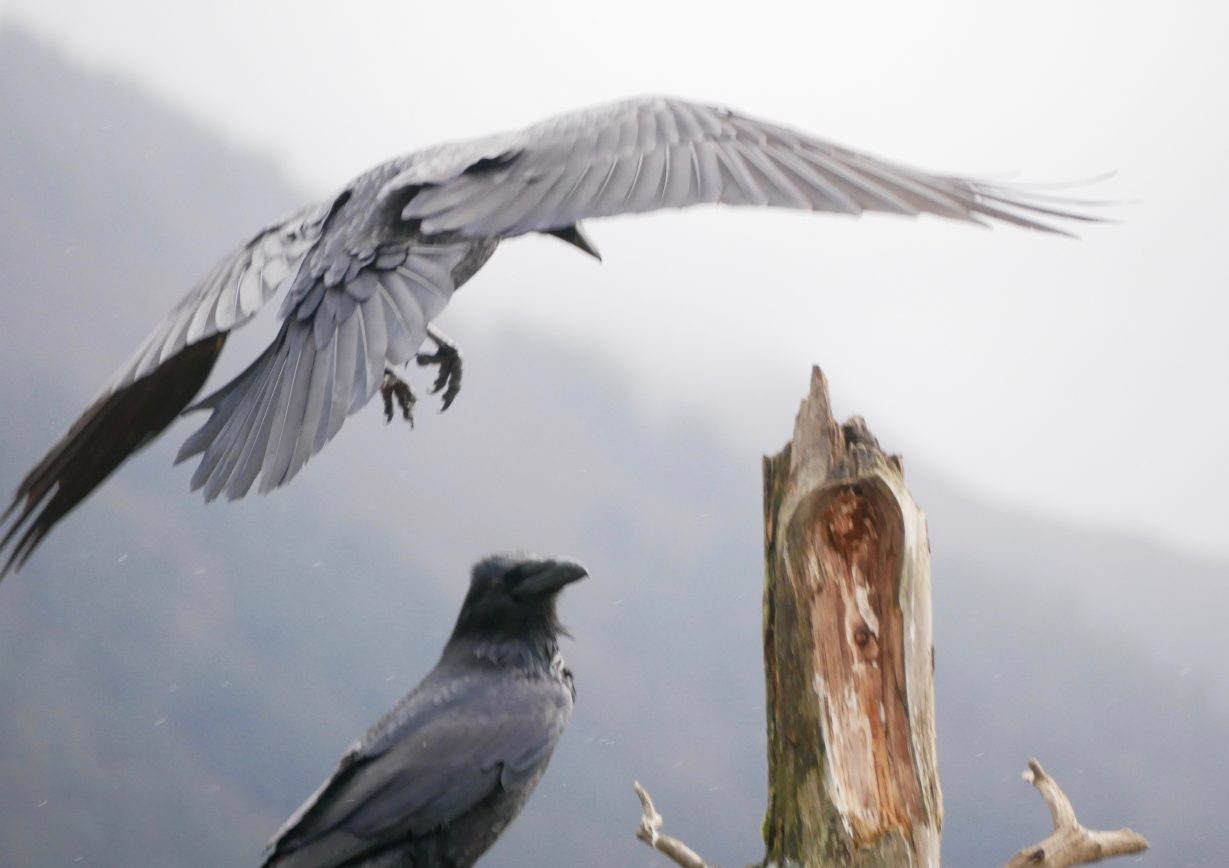Andre Dubus III, author of The House of Sand and Fog, wrote that bestseller 17 minutes at a time. Employed as a teacher, and also busy as a husband and father of young children, Dubus had a twice-daily routine of stopping at a cemetery parking lot, to and from work. For less than twenty minutes at a time, writing in longhand, he penned passages that made we want to be a novelist when I first read them over twenty years ago.
I used to work in Dubus-like spurts of twenty to forty minutes, back when my first child was napping. Unfortunately, as I have reported in this blog more than once, we don’t learn the secrets of success once and retain them forever. We learn, forget, and have to relearn everything all over again, whether the topic is discipline or craft.
I spent most of the last year and a half revising a new novel over and over. That helped develop my persistence and editing muscles, but in the meanwhile, my first-drafting muscles withered. Revision is hard, but at least the clay is on the table. A world has been built; a voice has been chosen; characters feel real. Sculpting remains, but a shape has already been perceived. Momentum has been achieved.
This summer, when I found it was time to commit to a new novel, you wouldn’t have guessed that I have five published ones under my belt. I felt vaguely unmoored, unable to choose between several ideas. I tried to judge my fledgling work too quickly. I kept wishing for some magical feeling of confidence and inspiration, forgetting that the work produces that feeling—not vice-versa.
I also relied too often on three-hour uninterrupted blocks of time, forgetting that even a half-hour can be plenty for a day’s work—if repeated on a daily or almost-daily basis.
One thing that helped me re-find my old working habits was hearing the anecdote about Andre Dubus from Allison K. Williams, author of an excellent new book on revision called Seven Drafts: Self-Edit Like a Pro from Blank Page to Book. I wanted to believe her story, but the old journalist in me told me to seek out multiple sources.
So I did. I read interviews and listened to podcasts featuring Dubus. Finally, I got his contact information and set up a phone call. It helped that I was writing an article on novel revision for Writer’s Digest—what a fantastic excuse to talk to one of my favorite writers!
Not only is the 17-minute story true, but Dubus still works the same way: every morning, five (sometimes six) days a week. By doing so, he manages to complete a new book every couple of years. He also throws some of them out, as do many novelists (more on this later when my WD article comes out).
But when you are that regular, cutting over a hundred pages at a time or even tossing entire manuscripts is not fatal–far from it.
Reading this blogpost, unfortunately, you can’t hear the voice of Dubus: the thoughtful east-coast accent, the self-deprecating remarks, the frequent laughter, the amazing sense of calm and acceptance. He makes writing books seem easy. He makes being a nice guy seem easy, too. (I mentioned on social media that I would be interviewing Dubus and several Alaskan writers made glowing comments. Dubus was a keynote speaker at the Kachemak Bay Writers Conference in 2015. I missed out, but many Alaskans had the good fortune to meet him.)
I’ll keep this blogpost short today, because I only have twenty or thirty minutes to write it. But that’s enough. What I most want to give you today is both reminder and permission. Reminder that good work can be done in short bursts—including uninspired ones. (The inspiration will come more easily after you’ve done enough of these short bursts in a row.) And permission to take this whole process a little less seriously. You don’t have need special tools. You don’t need a special place or time. You don’t need to write anything great. You just have to start…and keep going.
P.S. How were your favorite books written?
Andromeda Romano-Lax is a book coach and the author of five novels translated into 11 languages, including The Spanish Bow, A NYT Editors’ Choice, and Annie and the Wolves (2021), selected by Booklist as a Top Ten Historical Novel. Visit her on Instagram at @romanolax.


Good reminder, Andromeda. The habit of writing can be more important than the length of time. I’ll share this with some of my writer friends.
Hey Andromeda!
Loved this! I had the good fortune of sitting with Andre during one of the 2015 lunches at the KBay conference. It was my very first writers conference and I remember feeling overwhelmed as a beginning writer. I whined about the frustrations and how I felt like giving up. Andre held out his hand and said, “Give me that notebook you’re scribbling in.”
He wrote a note in it, along the lines of don’t give up on writing or I’ll have to come all the way back up here to kick your (real word left out, but you get my drift *wink*) I taped it to my monitor and left it there until I published my first novel. Later in the parking lot, we talked and he commented about his buddy Stephen. I held out my hand and asked him to shake it. He said why, we’ve already met. I said, “Because now I’m only one degree of separation from Stephen King.” He thought that was funny 🙂